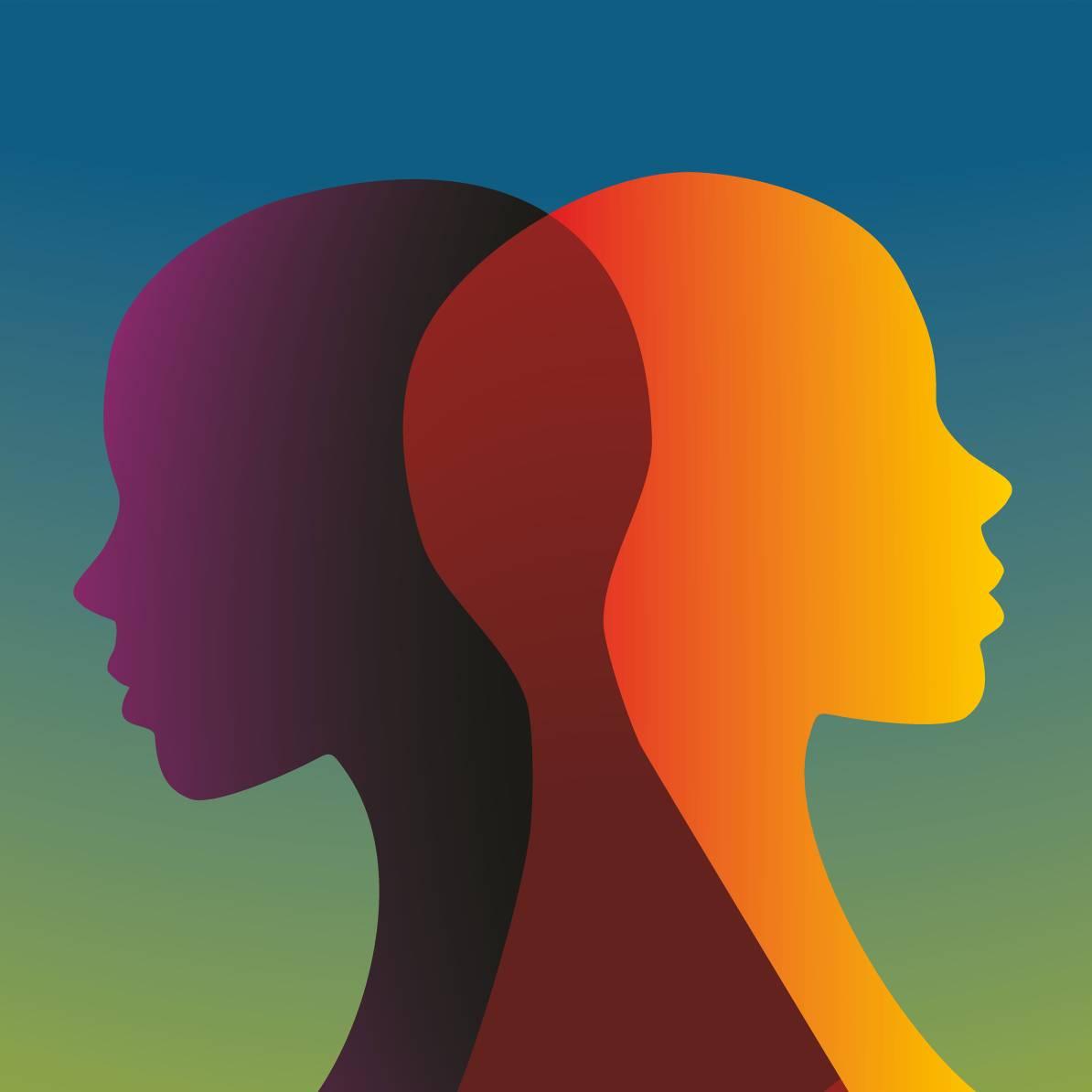
Перше у своєму роді клінічне випробування показало, що переваги кетаміну...
What is depression?
Depression (from the Latin deprimo - "to oppress") is a mental disorder that manifests itself in a persistent low mood, a pessimistic assessment of oneself, one's life, and the future. A person loses the ability to rejoice, and experiences longing, anxiety, irritability, indecision, and a sense of the meaninglessness of life.
On the physical level, the following are observed:
slowed movements
sleep and appetite disturbances
weakness
decreased sexual desire
malaise and metabolic disorders
Prevalence
According to the WHO, every year about 100 million people have depression that requires professional help. It is one of the leading causes of loss of health and work capacity in the world.
Acute stress: loss of a loved one or important relationship.
Chronic stress: prolonged internal conflicts, inability to freely express emotions.
Psychological fatigue: inhibition of activity, powerlessness, hopelessness.
Reactive depression: as a reaction to an external event.
Endogenous depression: the causes are not obvious, often a deeply repressed internal conflict.
Concomitant condition: in case of serious somatic diseases.
Childhood trauma: physical, sexual abuse or lack of love and care.
Conditional classification:
Simple: melancholic, anxious, apathetic
Complex: with obsessions, delusions, suicidal thoughts
Hidden (masked): without obvious symptoms, often manifesting through physical ailments
It is especially difficult to detect hidden depression (dolor occultus — “hidden pain”) , which is disguised as somatic symptoms. Research shows that:
up to 25% of "mentally healthy" people in megacities have hidden depression
it is 10–20 times more common than the overt form
Our center uses proprietary diagnostic techniques for the timely detection of hidden depression.

Deterioration in quality of life: decreased professional status, family breakdown, disability
Psychosomatics: depression affects immunity, heart, contributes to the development of oncology
Suicidal risk: especially with concomitant chronic or neurological diseases
Reduced life expectancy: especially in cancer patients with depressive symptoms
Risks of eating disorders, alcoholism, drug addiction
Our center has developed the “Anti-Cancer” program, which helps reduce depression in cancer patients.
Classic antidepressants act slowly and have side effects
Many patients do not go into remission
A JAMA study (2010) showed that antidepressants are no more effective than placebo for mild/moderate depression
In 2023, data emerged that running has a similar effect
Recognized by the FDA (USA) in 2019 and by the European Commission in 2019.
Gives a quick effect even after a single injection
Showed effectiveness in treatment-resistant depression
Better tolerability than electroconvulsive therapy
According to (Alnefeesi et al., 2021) — the most progressive method of treating depression
Ketamine therapy
Transcranial electrical brain stimulation
Vagus nerve stimulation
Star node blockade
Comprehensive psychotherapy
Help in restoring psychological balance and resource.
Dealing with anxiety, physical symptoms, and fear of losing control
Modern methods of overcoming fears that prevent you from living.
Therapy for people with post-traumatic stress disorder.
Порушення здоров’я, яке виникає через соматизацію, тобто «втілення» негативних емоцій у тілі.
Психоонкологія — це психотерапевтична допомога пацієнтам, які хворіють на рак.

Перше у своєму роді клінічне випробування показало, що переваги кетаміну...
We are always open to communication. Contact us - we will answer all your questions and help you find the right solution.
Expio in Kyiv
Expio in Lviv
Ліцензія МОЗ України: наказ №1443 від 11.08.2023. Ліцензія ДержЛікСлужби України: наказ № 1065 від 11.07.2024
(з 2018 по 2024 р. наказ ДЛС від 25.10.2018 на ФОП Матреницький В.Л.)
© Expio 2025 All rights reserved. / Developed by Bereshkaweb